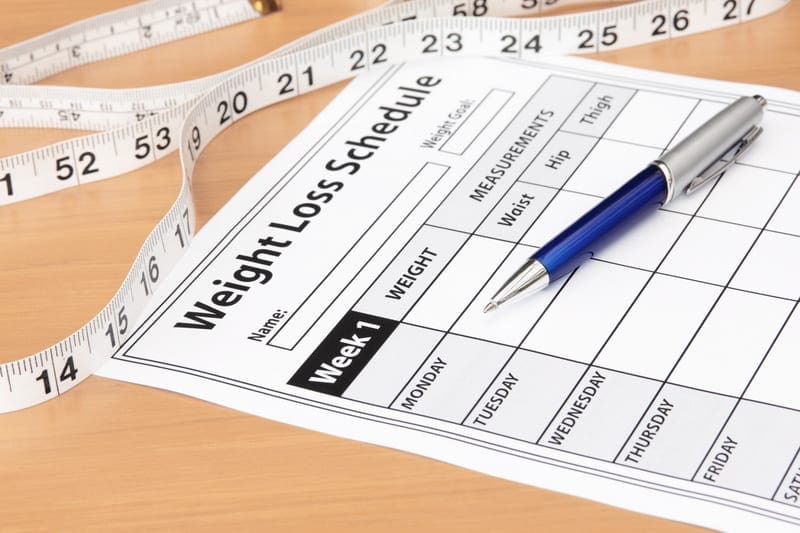When trying to conceive, having sex regularly is the most important and obvious tip to follow. However, for many couples it can take months, or even years of trying before they are successful. There are some good tips to follow to help the process along. Here are a few:
– Relax and don’t stress about becoming pregnant. It will happen when it’s meant to.
– Be in good health and eat a balanced diet. This will help your body be in optimum condition for pregnancy.
– Have sex frequently, around 2-3 times per week. This will increase your chances of becoming pregnant.
It’s generally recommended to have sex three times a week when trying to conceive, but remember that every woman’s cycle is different, so there’s no need to limit yourself to specific days when you think you might be most fertile. You can increase your chances of getting pregnant by investing in an ovulation prediction kit or fertility monitor, which will help you to better timings for sex.
Make sure you choose the right sexual position. The missionary position is a great way to make use of gravity, and remaining lying down or elevating your hips with a pillow after sex can help, too.
Staying healthy will go a long way. Avoid alcohol, drugs and smoking as these can affect fertility and harm your unborn baby if you do become pregnant.
Using a pregnancy calendar
Pregnancy calendars are an excellent way to track your baby’s development from a few cells to a full-grown human being preparing to enter the world. Most pregnancies follow a similar enough pattern that we are able to create a guide of sorts to document the changes an expectant mother is likely to experience over the months, including but not limited to: swollen ankles, stretch marks, heartburn, Braxton Hicks contractions, and the beginning of active labor.
Pregnancy is a wonderful and miraculous time, so make sure you document it as best as you can with a pregnancy calendar!
The pregnancy calendar is not only fascinating, but it will give you an inside look of your baby’s development and what to expect every step of the way. You’ll be able to see the size at each stage, when different organs and limbs are developing, and even the likely moment when your baby becomes a little boy or girl.
For the father-to-be, following the baby’s development can be an excellent way of getting more involved with the whole process. Not only will he feel more connected to his child, but he can bond with the mother-to-be over this shared experience.
In addition to keeping track of your pregnancy with a pregnancy calendar, it can also be beneficial to keep a personal diary. Document any special feelings or symptoms you experience in your diary and compare them to what the pregnancy guide says. This will help you identify any concerns you have, so you can discuss them with your midwife or GP during routine check-ups.
Debra Aspinall is an experienced journalist, editor, and writer for Emma’s Diary – one of the UK’s most popular pregnancy and baby websites. She covers topics such as getting pregnant, baby clubs in the UK, and more.











